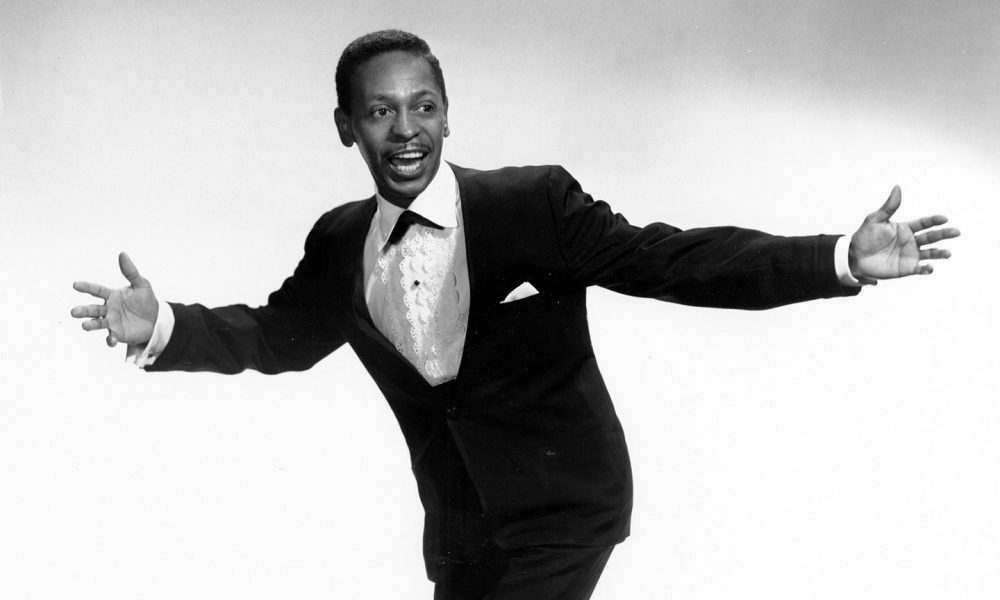Buster Brown Inspires The Beach Boys And The Rolling Stones
He may not be a household name, but the legendary blues and R&B singer Buster Brown inspired both The Rolling Stones and The Beach Boys.

Can you name the song that connects the Beach Boys with the Rolling Stones? It is the fabulous “Fannie Mae” by Buster Brown. Beach Boy, Bruce Johnston takes up the story.
“Growing up in LA, white kids weren’t listening to white radio, we were listening to KGFJ and during the day, it was an AM station and it was the radio station for the black community, it was 1000 watts. At night, we kind of caught it after school but as it got dark it went down to 250 watts, kind of like the way you’d have to kind of strain to listen to Radio Luxembourg in London or all over England. You had Etta James singing ‘You gotta roll with me Henry,’ and that was really cool.”
Buster Brown: Fannie Mae (1959)
“We listened to rhythm and blues. We listened to ‘Fannie Mae’ on Fire Records by Buster Brown…fantastic. So down the road here comes the Stones, here comes the Beach Boys, the backside of ‘Satisfaction’ is called ‘The Under Assistant West Coast Promotion Man’ but it was really the track for Fannie Mae and, for Brian and the band, the inspiration for ‘Help Me Rhonda’ in terms of the track was ‘Fannie Mae.’ You hear the harmonicas going da, da, da, da, da, da (Bruce sang this too). You’d be surprised at all the kinds of influences we have from rhythm and blues growing up in Los Angeles.”
The Rolling Stones: The Under Assistant West Coast Promotion Man (1965)
Buster Brown (August 15, 1911 – January 31, 1976) played harmonica at local clubs in the 1930s and 1940. Brown moved to New York in 1956, where he was discovered by Fire Records. In 1959, aged 47, Brown recorded the rustic blues, “Fannie Mae,” which featured Brown’s harmonica playing and whoops, which went to No.38 in the Hot 100, and to No.1 on the R&B chart in April 1960. His remake of Louis Jordan’s “Is You Is or Is You Ain’t My Baby” reached No. 81 on the US pop charts later in 1960 and “Sugar Babe” became his only other hit, in 1962, reaching No.19 on the R&B chart and No.99 on the pop chart.
Hear how these songs influenced “Help Me, Rhonda”












